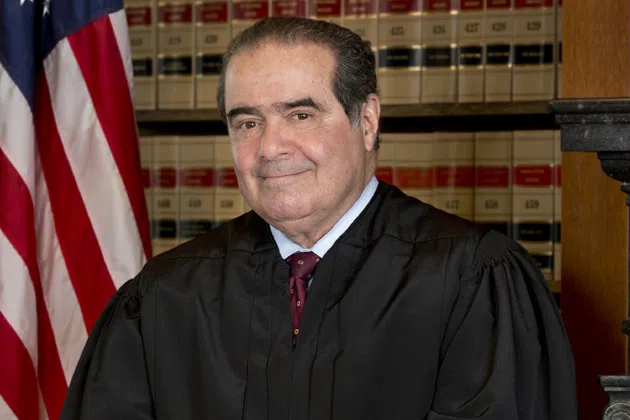
By Mike Matejka
With the recent passing of Supreme Court justice Anthony Scalia, there is a major political dust-up, as Republicans claim the President should not nominate someone in an election year.
The Constitution gives the President the right to nominate, with the advice and consent of the Senate. What is amusing, or appalling, is how both parties have played politics on this issue. While Republicans today say President Obama should refrain from a nomination and Democrats staunchly defend his right to do so, in 2004 and 2008 Republicans were upholding the right of President Bush to nominate in an election year and Democrats were saying he should not do so.
Some Senators are claiming that a nomination would break the so-called Thurmond rule, which isn’t really a rule. In June, 1968 arch segregationist, former Democrat turned Dixiecrat turned Republican Strom Thurmond tried to block President Lyndon Johnson’s nomination of Abe Fortas as Supreme Court Justice because Johnson was not running for re-election. Fortas was eventually turned down on other grounds and Richard Nixon was able to appoint Warren Burger as Chief Justice.
This obscure rule has been invoked by either party at different times. Since it’s not a formal rule of the Senate, it has no real definition. If the opposition party feels they’ve got a legitimate chance to win the Presidency, they can challenge the President’s right to nominate, or even filibuster any nominee. It’s not hard to find instances of politicians invoking this rule or rejecting this rule, depending on who is in the White House and who thinks their party has a serious chance of winning in the next election.
With games like this, it is no wonder average Americans get discouraged with politics. Each side claims the sanctimonious high ground, which is quickly abandoned once the shifting sands of power leave that party.
The Supreme Court is supposed to sit above the political fray, taking the long view, rooted in the Constitution and law, to help ensure equal justice for all.
Each party will now play games with the process and rally donors with the “other side” somehow gaining the judicial edge. The President might stymie the Republicans by nominating a centrist candidate, which will make the Republicans look obstructionist. Above all, both parties should remember that once someone is nominated to the Court, they can surprise anyone. Conservatives hated the years when Earl Warren was Chief Justice, but forget that Republican Dwight Eisenhower was his nominator. With a lifetime appointment, one can’t always presume how a judge might rule. And that is perhaps the only insulation we have from a politicized court.
Mike Matejka is the Governmental Affairs director for the Great Plains Laborers District Council, covering 11,000 union Laborers in northern Illinois, Iowa, Nebraska and South Dakota. He lives in Bloomington with his wife and daughter and their two dogs. He served on the Bloomington City Council for 18 years, is a past president of the McLean County Historical Society and Vice-President of the Illinois Labor History Society.
The opinions expressed within WJBC’s Forum are solely those of the Forum’s author, and are not necessarily those of WJBC or Cumulus Media, Inc.




